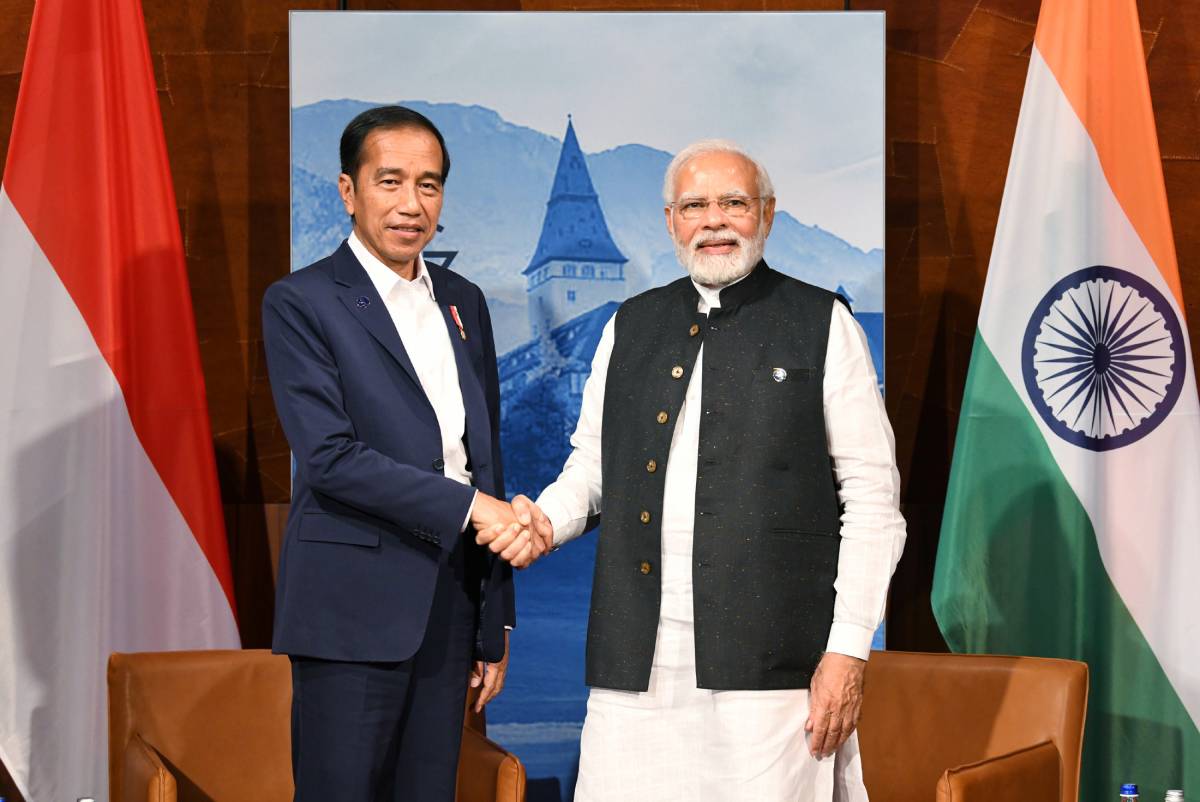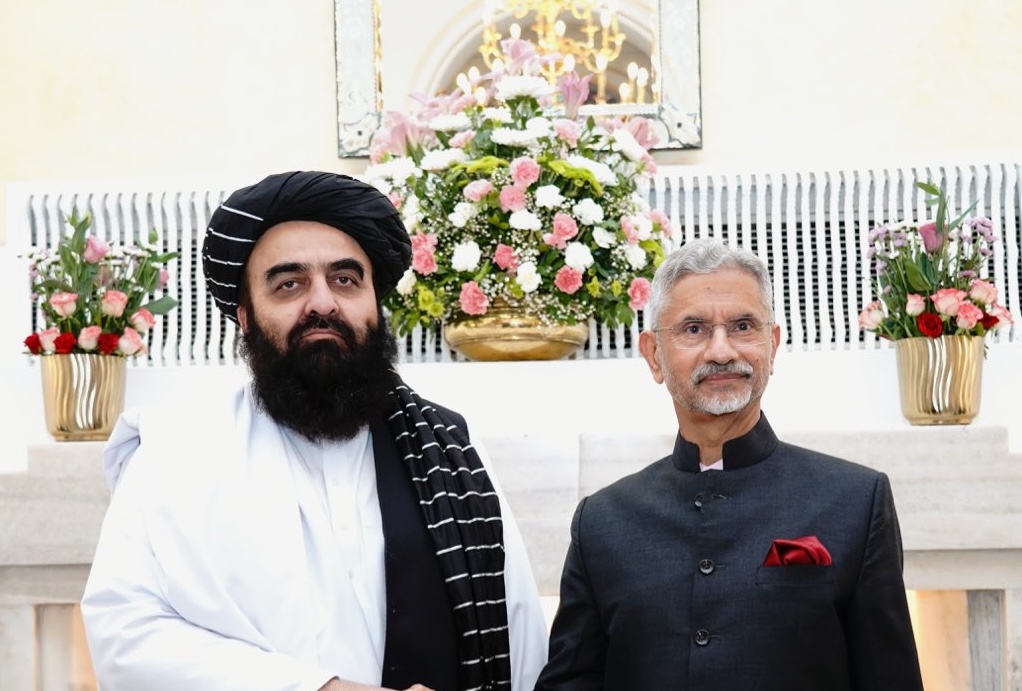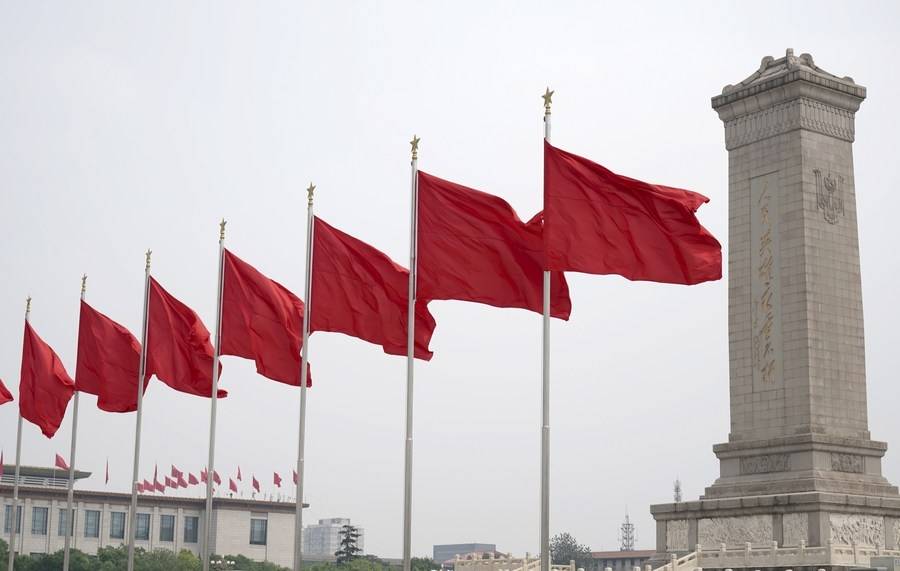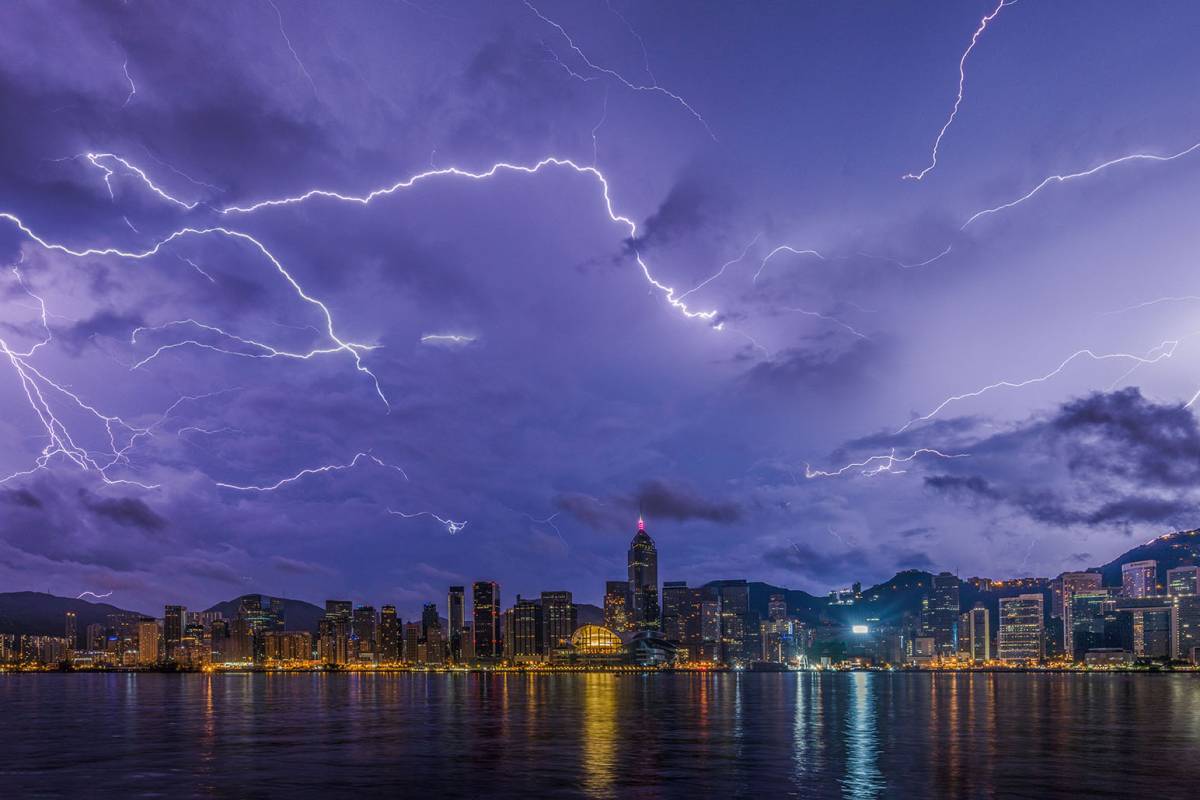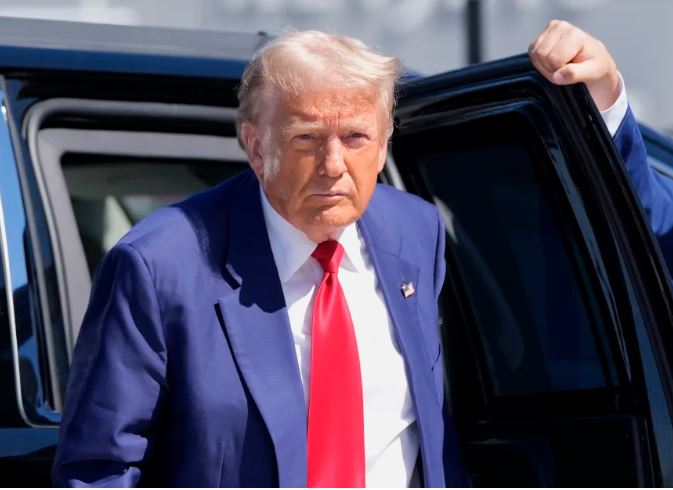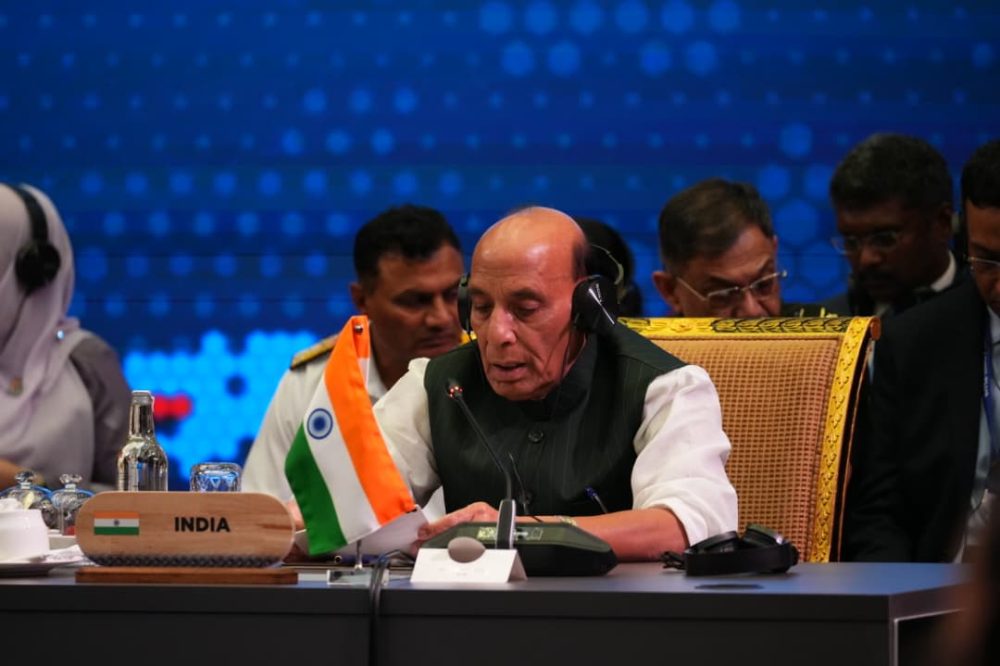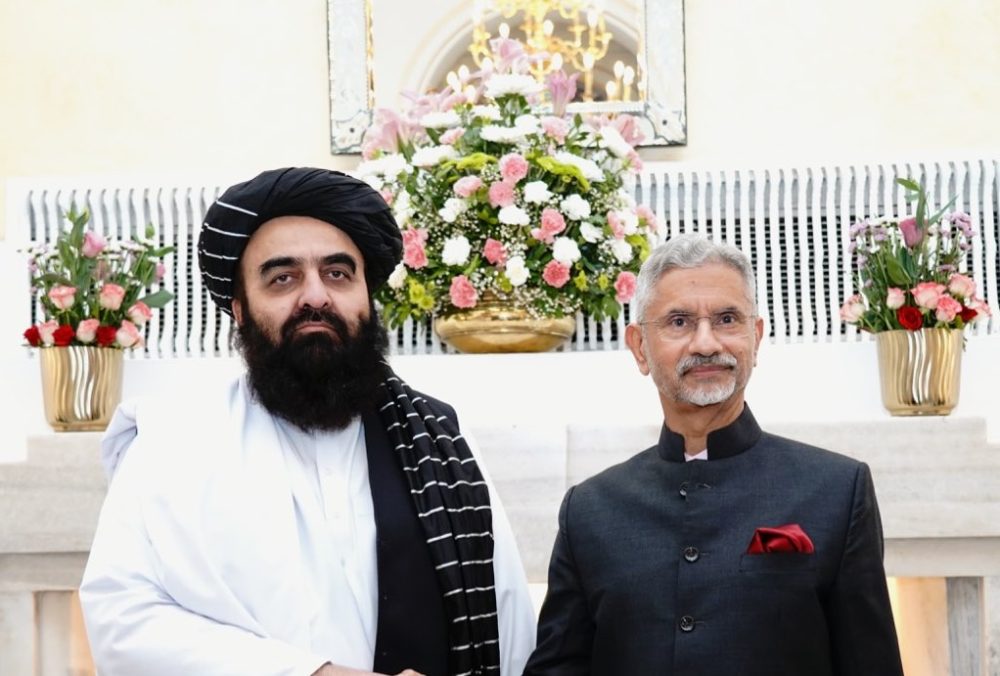India is developing the port-related infrastructure at Sabang and there has been discussion about developing an economic zone around the port, writes Sankalp Gurjar
In India’s conception of the Indo-Pacific region, the principle of ASEAN centrality lies at the core. In the last few years, India’s defence ties with the 10 members of the ASEAN, at the regional as well as the bilateral level, are deepening. India’s deepening security ties with Indonesia, Vietnam and the Philippines is especially notable.
On June 13-24, India and Indonesia staged coordinated naval patrolling. The patrol included a visit of Indonesian naval units to the Andaman Nicobar Command based at Port Blair. It was followed by a sea phase in the Andaman Sea and finally, Indian naval units paid a visit to the port of Sabang in Indonesia.
The overall effort was aimed at boosting cooperation in regional maritime security. The coordinated patrols between India and Indonesia have been taking place since 2002 and have resulted in building “understanding and interoperability between both the Navies and has facilitated measures to prevent and suppress Illegal Unreported Unregulated (IUU) fishing, drug trafficking, maritime terrorism, armed robbery, and piracy, etc.”
The visit to Sabang by Indian naval officials is important as since 2018, India has been granted access to the strategically important port. India is developing the port-related infrastructure at Sabang and there has been discussion about developing an economic zone around the port.
The deep-water port is well-suited to host all kinds of naval vessels including submarines. The ability to access Sabang which is located at the northern tip of the Sumatra Island near the mouth of the Strait of Malacca will expand India’s ability to monitor the key global maritime choke point.
For India, Malacca is critical not only for its own international trade with Southeast and East Asia but also for keeping a close watch over the Chinese shipping including the energy supplies and naval vessels passing through the narrow waterway.
China is excessively dependent on the Strait of Malacca for its trade and energy. It seeks to alleviate the “Malacca Dilemma” and expand naval presence west of the Malacca in the Indian Ocean. The enhanced engagement, especially in the development of ports, with countries like Myanmar, Sri Lanka, Pakistan and Djibouti play key a role in fulfilling this objective. Therefore, as China moves westwards, India has no option but to seek access and build strategic ties eastwards.
The sale of BrahMos missiles to the Philippines is an important marker of India’s expanding defence role in Southeast Asia. Building on this, two recent developments underscore the growing importance of Southeast Asia in India’s defence strategy as well as its Indo-Pacific outreach. This month, India’s defence minister Rajnath Singh paid a visit to Vietnam. Following this, Indian and Indonesian Navies carried out joint patrols in the maritime region encompassing the Andaman Sea and the Straits of Malacca.
The three-day visit of Rajnath Singh, which began on June 8, to Vietnam further bolstered military ties between both countries. India handed over 12 high-speed guard boats to Vietnam which were built as part of a US $ 100-million line of credit (LoC).
During the visit, both sides signed a ‘Joint Vision Statement on India-Vietnam Defence Partnership towards 2030’ and India extended a further $ 500 million defence LoC. Both these measures are intended to strengthen military cooperation between the two key Indo-Pacific partners. Moreover, a Memorandum of Understanding (MoU), aimed at making it easier to provide mutually beneficial logistic support, was signed. It is the first such agreement signed by Vietnam with any other country. The MoU will further augment the ability of the Indian navy to extend its reach into the South China Sea and the Western Pacific.
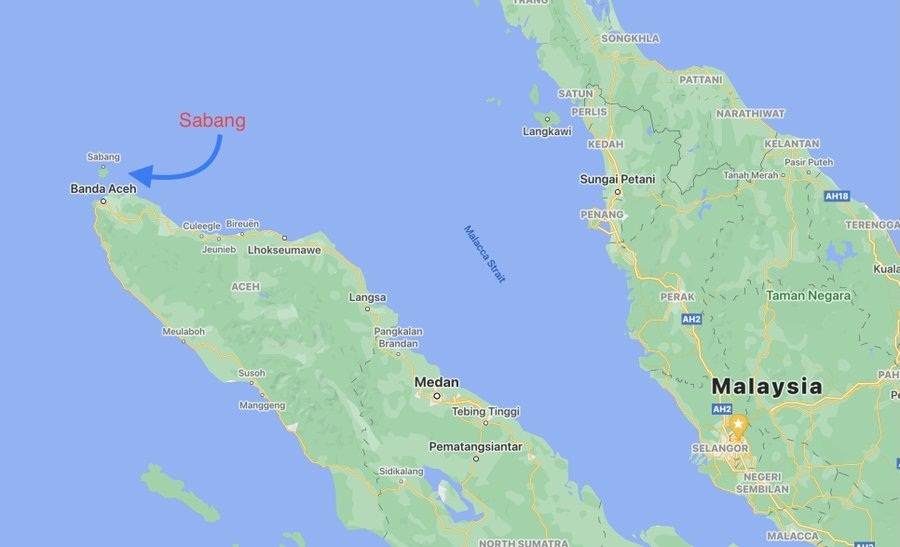
India and Vietnam share a broad convergence of interests and have common concerns. Both are concerned about China’s expansionist policies and aggressive foreign policy behaviour. India and China are locked in a territorial standoff in Ladakh whereas Vietnam (along with four other ASEAN partners) is worried about the Chinese maritime claims in the South China Sea. Therefore, the shared challenge of China is a key binding factor for the relationship. In this context, the defence relationship has emerged as a key pillar of India-Vietnam’s strategic partnership. The enhanced military partnership will not only boost the capabilities of Vietnam but will also contribute to the security and stability of the region.
The deepening military cooperation with countries like Indonesia and Vietnam is necessitated in this context. In the rapidly evolving geopolitics of the Indo-Pacific region, these middle-power strategic relationships are contributing to the regional stability and maintenance of the balance of power and consequently, their importance cannot be overstated.
(Sankalp Gurjar is a strategic analyst based in Delhi. He specializes in Indo-Pacific security)
(The content is being carried under an arrangement with indianarrative.com)
ALSO READ-Imran alleges US conspiracy to set up military base in Pakistan


